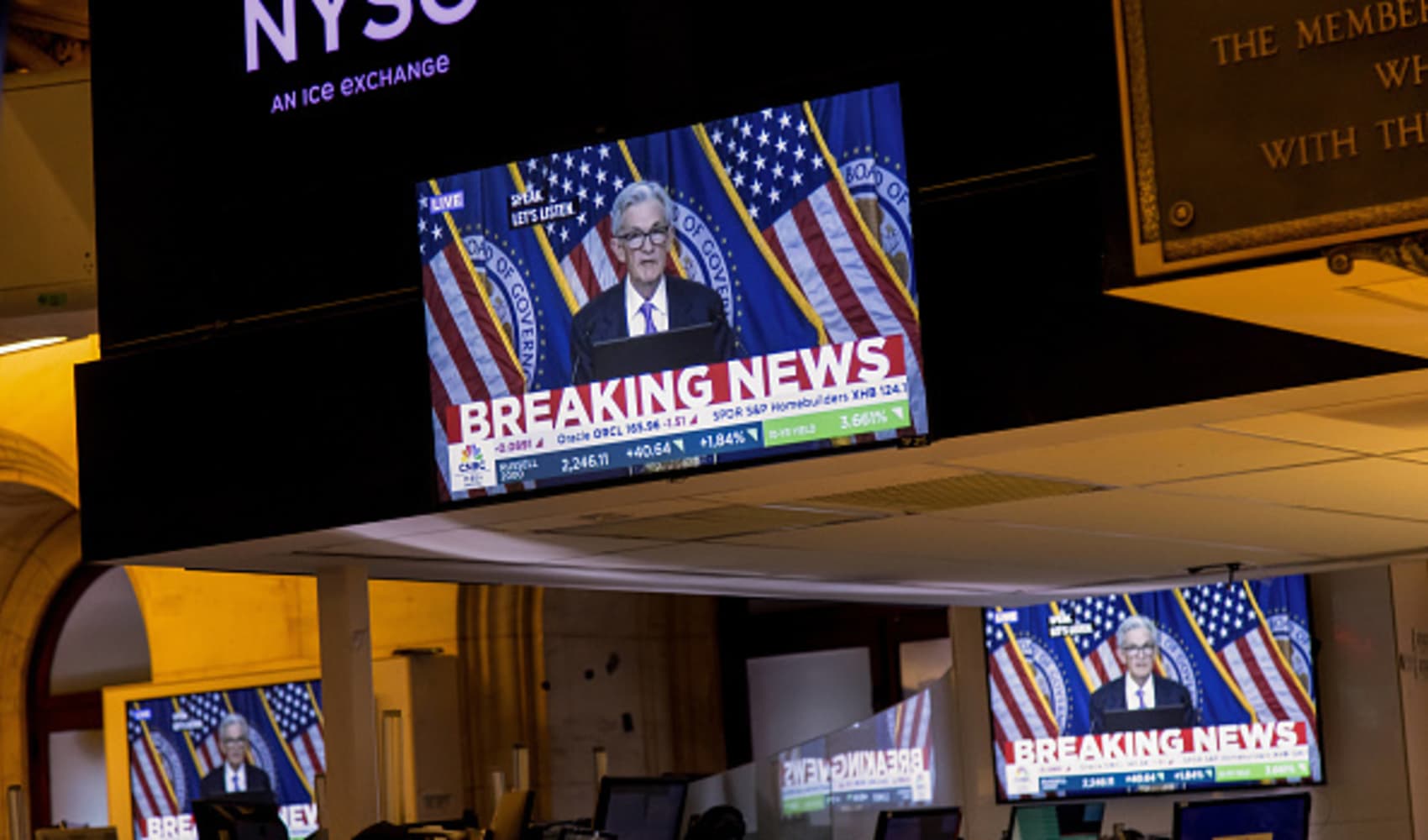
After almost a year of working remotely during a global pandemic, many U.S. office workers are already thinking about their returns to the workplace in 2021. A majority 3 in 4 workers want to return to the office when the health risks of the virus subside, according to a November survey from the corporate real estate firm JLL, with about half hoping for a hybrid work arrangement between an office and home.
Employers, meanwhile, will have to adjust to workers' expectations for increased flexibility and may have to go as far as creating "a kickass headquarters with a lot of amenities and a super slick experience" or "a really unique experience that you can't get anywhere else," says Nike's director of workplace strategy and operations Brittney Van Matre.
As part of LinkedIn's annual "Big Ideas" list of predictions for the new year, Van Matre recently told LinkedIn News editor Susy Jackson that companies may be able to win over employees if they create outposts in unconventional locations including rural or scenic areas associated with leisure, creating "a reprieve" employees can gravitate towards.
Indeed, the JLL survey indicated that people are hoping for more green space and connection to nature in their workplace to improve their return-to-office experience.
Workers also expressed hope their offices will support a good mix of socialization spaces, such as coffee areas, lounges or terraces, as well as spaces dedicated to focus work, like concentration pods or phone booths.
At Nike, internal surveys have indicated people only want to come into an office twice a week. As a result, Van Matre said the team will do away with assigned seating and instead lean into "activity-based working," or creating spaces that are flexible to suit a variety of needs.
Former WeWork vice president of workplace strategy Liz Burow added that offices of the future will need to fulfill two functions: As spaces where people gather for leadership, personal development and culture; and as places for socialization.
Money Report
"People miss people the most," Burow says. "There's a credible value to real life in-person contact."
LinkedIn's predictions for 2021 also forecast that companies will support a workweek of three days in an office and two days remote; a focus on appointing more women to C-level positions; and accountability for building racial equity into company culture.
Check out:Amex Blue Cash Preferred is offering an elevated welcome bonus for a limited time
Don't miss:
13 ways the coronavirus pandemic could forever change the way we work
74% of office workers support a 4-day workweek—here's how the pandemic could make it more common
Training for this workplace skill is up nearly 4,000% in 2020






